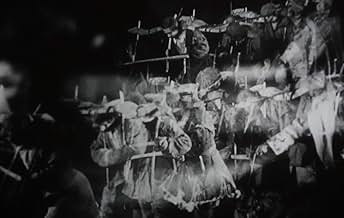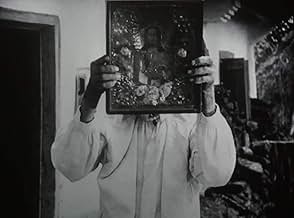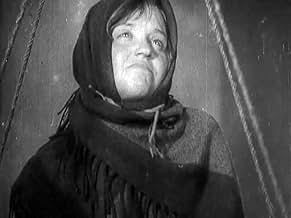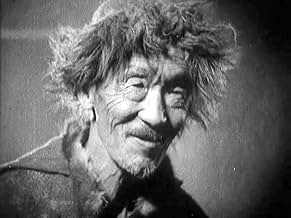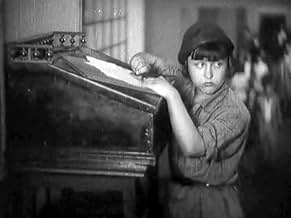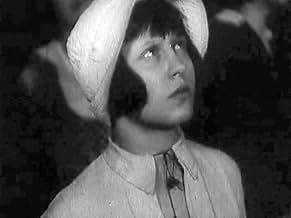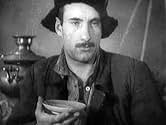Damen Kuzmina is a longhaired girl from the U.S.S.R. ( Ja
even in the Communist Country par excellence there is that kind of youngster ) who recently has graduated to become a school teacher; she lives in a big city and she is a modern girl. She wants to work at any school in her city, teaching to poor kids the glorious achievements of the Socialist regime, and while she explains the incredible and exciting Leninist life, or the successful potatoes' annual harvest ratings, she has planned to marry her fiancé, starting in this way a wonderful Bolshevist life. But in the U.S.S.R. there is no chance for a wonderful life and those dreams of hers suddenly are broken when she is posted to the far-away Altai region of Russian Mongolia
In this Herr Kozintsev and Herr Trauberg's work are depicted the contradictions, the big differences between the city and the isolated towns of the vast U.S.S.R., the old and new ( as Herr Eisenstein said some years before ), Kuzmina's modern spirit full of initiative ( it's very interesting and even curious to watch in the film how Kuzmina rebels against the fact that she has been posted to such a far away place, even defying the authorities for their designation, a strange criticism in this film against the Soviet authorities, although finally that subject is solved by the young schoolteacher's patriotism, deciding her sacrifice takes priority over her suspicious individualism ) against the ancient customs of the Altai region, where Kuzmina will find selfishness, corruption and loneliness.
The main character of the film will also fight against the local soviet ( even the Bolshevist chiefs are fond of bribery
), denouncing the injustices that are committed in the town, trying to open the villagers' eyes to such abuse of authority. This time Kuzmina rebels herself ( and the villagers ) against the people and ideas that don't make possible the building of a new socialist country -- communist propaganda, it's true, but very well exposed in the film.
"Odna" is a hybrid of silent film and talkie; Herr Shostakovich composed a score for the film, a synchronized film full of different sounds that stimulate the story, a film that is unfortunately missing a reel ( the episode in where Kuzmina is left to die in the vast Siberia ) which is compensated with explaining subtitles.
"Odna" is for many reasons not an easy or acquiescent film ( it was strongly criticized ); certainly it was impossible at that time to make a film in the U.S.S.R. questioning the communist regime; but a certain air of liberty, disobedience and non conformism flies over the film, achieving finally a singular film, a Russian oddity.
And now, if you'll allow me, I must temporarily take my leave because this German Count must rant about the virtues of the aristocratic regime.

